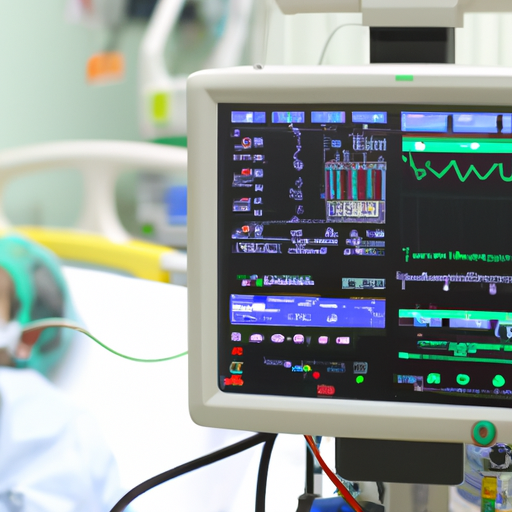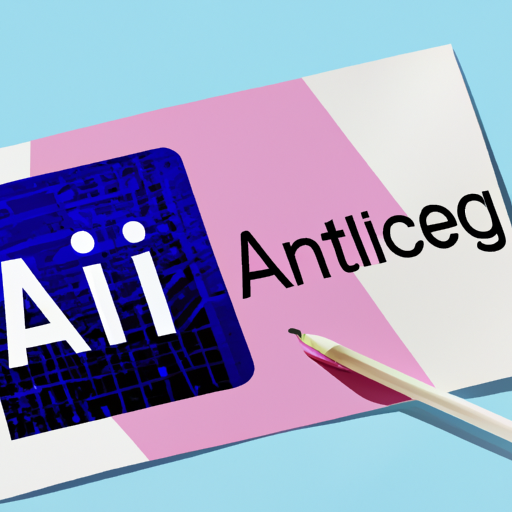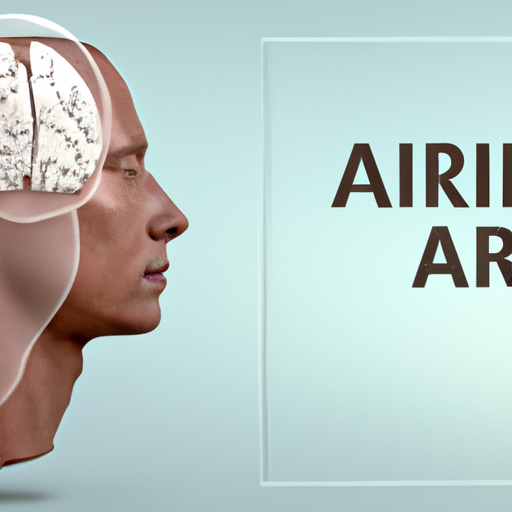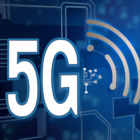In recent years, Remote Patient Monitoring (RPM) has emerged as a revolutionary approach to healthcare delivery, enabling patients to receive care from the comfort of their homes. As technology continues to advance, the adoption of RPM systems is rapidly increasing, making effective and personalized healthcare more accessible than ever before.
What is Remote Patient Monitoring?
RPM involves the use of digital technologies to collect medical data from individuals and securely transmit it to healthcare providers for assessment and recommendations. This innovative approach not only streamlines the healthcare process but also enhances chronic disease management, allowing for timely interventions and better patient outcomes.
Benefits of Remote Patient Monitoring
- Enhanced Patient Engagement: RPM encourages patients to take an active role in their healthcare journeys by providing them real-time access to their health data.
- Improved Health Outcomes: Continuous monitoring helps in early detection of potential health issues, leading to timely interventions and reducing hospital readmissions.
- Cost-Effectiveness: RPM significantly reduces healthcare costs by minimizing unnecessary in-person visits and hospital stays.
- Increased Access to Care: Patients in remote or underserved areas can benefit from specialized care without the need for long-distance travel.
The Future of RPM
The COVID-19 pandemic has accelerated the adoption of RPM solutions as healthcare systems sought to minimize the spread of the virus. Telehealth services, integrated with RPM technologies, provide a comprehensive approach to patient care, making it one of the most sought-after solutions in modern healthcare.
As more providers and patients embrace RPM, we can expect to see an increase in innovations tailored to enhance the patient experience, including AI-driven analytics, personalized health recommendations, and improved communication platforms.
In conclusion, Remote Patient Monitoring (RPM) is set to transform the landscape of healthcare delivery, paving the way for a more patient-centric approach that prioritizes convenience, accessibility, and improved health outcomes.
Stay tuned as we continue to explore the latest trends and innovations in healthcare technology!








